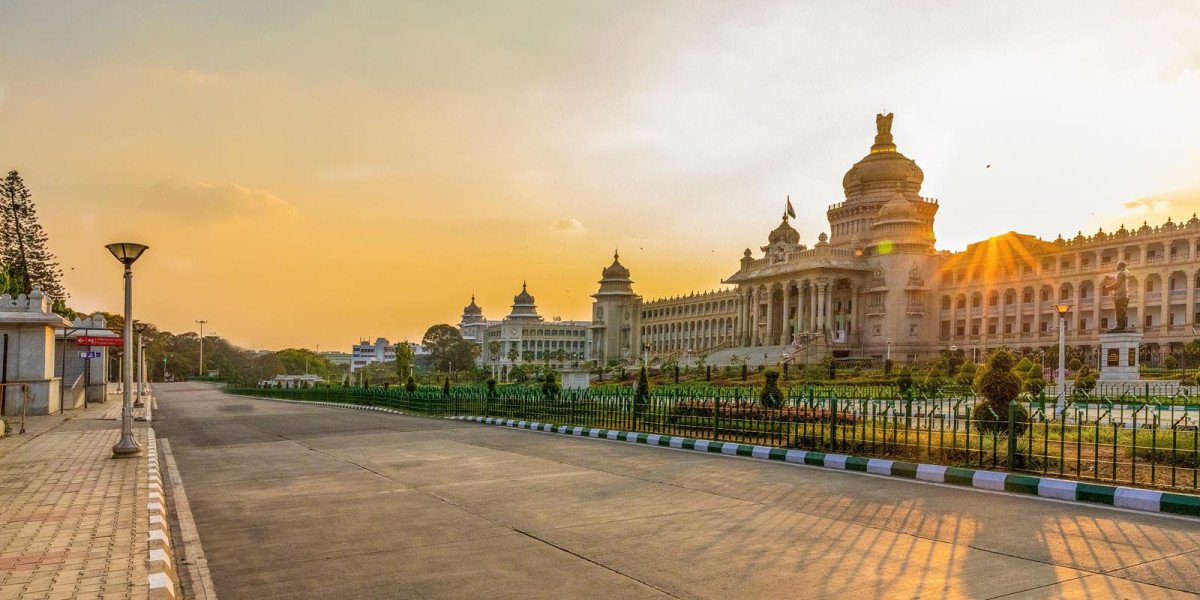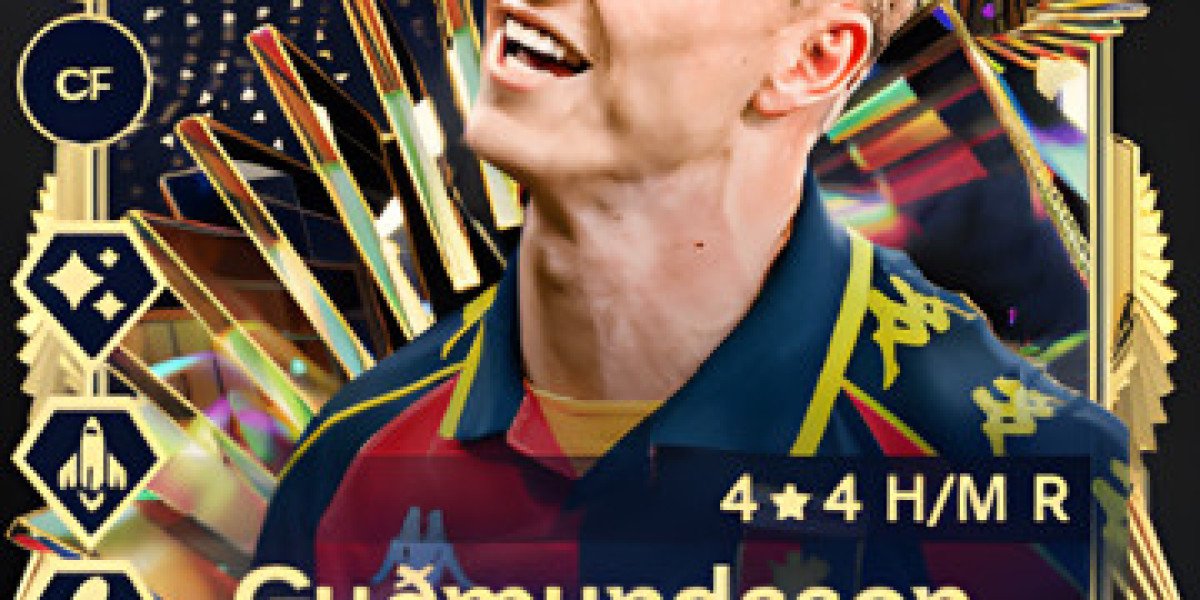Diwali, often called the "Festival of Lights," is one of the most widely celebrated festivals in India, and Bangalore, the capital of Karnataka, embraces it with great enthusiasm. The city's vibrant atmosphere, the mingling of diverse cultures, and the modern metropolitan lifestyle create a unique blend of tradition and festivity. While Diwali is celebrated across the country with its own regional variations, Bangalore offers a distinct flavor, harmonizing ancient rituals with the urban setting. Diwali Puja in Bangalore isn’t just about lights, sweets, and crackers; it’s also a spiritual experience deeply rooted in the cultural ethos of the city.
The Essence of Diwali Puja
Diwali is a five-day festival, each day carrying its own significance, with the primary focus being the worship of wealth, prosperity, and victory of good over evil. The festival commemorates the return of Lord Rama to Ayodhya after his 14-year exile, marking his victory over Ravana, as well as the worship of Goddess Lakshmi, the goddess of wealth and prosperity. In Bangalore, as in many parts of India, Diwali Puja is centered around invoking the blessings of Lord Ganesha and Goddess Lakshmi.
Preparations for Diwali in Bangalore
Preparation for Diwali in Bangalore starts well in advance. Streets are lined with shops selling colorful diyas (earthen lamps), decorative items, and beautiful rangoli powders. Homes and businesses are cleaned, painted, and decorated, as it’s believed that a clean environment attracts the blessings of Goddess Lakshmi. This act of cleaning is not just physical but symbolic, representing the removal of negativity and the welcoming of positivity and prosperity.
Markets like KR Market and Chickpet in Bangalore become a bustling hub of activity, where people shop for new clothes, sweets, and gifts for their loved ones. Special emphasis is placed on buying gold, jewelry, and household items, as it is considered auspicious to make purchases during Diwali, particularly on Dhanteras, which marks the first day of the festival. Bangalore’s shopping malls also contribute to the festive fervor, with Diwali sales and decorations setting the mood.
The Rituals and Significance of Diwali Puja
The primary Diwali Puja is held on the third day, also known as Lakshmi Puja. In Bangalore, families begin the preparations by setting up a small altar in their homes. The altar is adorned with images or idols of Lord Ganesha and Goddess Lakshmi, along with offerings such as flowers, fruits, sweets, and lamps.
The Puja begins with the Ganesh Puja, as Lord Ganesha is worshipped first to remove all obstacles. This is followed by the Lakshmi Puja, where devotees offer prayers to the goddess of wealth and prosperity. The worship includes offerings of naivedya (food offerings) such as sweets, dry fruits, and rice. Special items like kheer, ladoo, and karanji are prepared as a mark of respect and devotion.
One important aspect of Lakshmi Puja in Bangalore is the lighting of diyas, which symbolize the victory of light over darkness and knowledge over ignorance. These diyas are placed in every corner of the home to guide Goddess Lakshmi in. Homes are illuminated with oil lamps, and the warm glow creates a serene, sacred atmosphere, believed to usher in prosperity and happiness.
Many Bangaloreans also follow the tradition of keeping their doors and windows open on this night to allow the goddess to enter. The Lakshmi Ashtottara Shatanamavali (108 names of Goddess Lakshmi) is recited, along with other hymns, to invoke her blessings.
Bangalore’s Unique Diwali Celebrations
While the core rituals of Diwali Puja are similar across India, Bangalore has its unique way of celebrating the festival. The city is a melting pot of cultures, and you can find people from different regions adding their own regional customs to the celebrations.
For instance, the Kannada-speaking community in Bangalore often performs Govardhan Puja the day after Lakshmi Puja, which is also celebrated as Bali Padyami in Karnataka. This day marks the victory of Lord Krishna over Indra and is also dedicated to honoring King Bali. Special food offerings, such as ellurunde (sesame seeds sweets) and obattu (sweet flatbread), are prepared in many households.
For the Tamil population in Bangalore, Diwali also involves the Naraka Chaturdashi ritual, which is celebrated a day before Lakshmi Puja. This day signifies Lord Krishna’s victory over the demon Narakasura. People wake up early in the morning, bathe with oil and herbal scrubs, wear new clothes, and burst firecrackers to mark the occasion.
In addition to these diverse customs, Bangalore’s IT sector has also added a contemporary twist to the festivities. Office spaces and tech parks like Electronic City and Manyata Tech Park are adorned with lights, and employees participate in Diwali celebrations with enthusiasm, organizing special Puja ceremonies, cultural events, and community activities.
Fireworks and Sweets: The Festive Fervor in Bangalore
No Diwali celebration in Bangalore is complete without fireworks. Although there has been an increasing focus on eco-friendly and noise-free celebrations in recent years, fireworks remain a central part of the festival. Bangaloreans, especially the youth, gather with family and friends to burst crackers, light sparklers, and watch the city’s skyline come alive with dazzling colors.
Fireworks symbolize the joy and triumph associated with Diwali, but in recent years, the city has made efforts to balance tradition with environmental consciousness. Many Bangaloreans are shifting toward green Diwali, using low-emission crackers or opting for community fireworks displays to reduce air pollution.
Sweets and food are another crucial part of Diwali celebrations in Bangalore. Homes are filled with the aroma of freshly prepared delicacies such as Mysore Pak, Badam Halwa, and Kaju Katli. Many families exchange homemade sweets with neighbors and relatives, spreading joy and goodwill.
Sivaji Nagar, Russell Market, and other popular sweet shops in Bangalore see a surge in customers during Diwali, with people lining up to buy traditional sweets and savories like chakli and murukku. Diwali in Bangalore is a time of feasting and sharing, where food plays a vital role in fostering the spirit of togetherness.
Community Celebrations and Social Responsibility
Bangalore’s Diwali celebrations are not limited to homes. Various temples, such as the ISKCON Temple and Banashankari Temple, organize special Diwali Pujas and cultural programs, drawing large crowds of devotees. Many housing societies and communities across the city come together to host collective Diwali Pujas, cultural performances, and fireworks displays, creating a sense of unity among neighbors.
The city’s social fabric also shines during Diwali, with various NGOs and charitable organizations organizing events for the underprivileged. Many Bangaloreans take this opportunity to distribute clothes, food, and sweets to those in need, embodying the festival’s spirit of generosity and compassion.
Eco-Friendly Initiatives: A Greener Diwali in Bangalore
In recent years, Bangalore has been at the forefront of promoting eco-friendly Diwali celebrations. Many residents and communities are opting for sustainable practices such as using clay diyas instead of electric lights, creating organic rangolis with natural powders and flowers, and avoiding plastic decorations.
The city's green initiatives include encouraging the use of eco-friendly crackers or celebrating Diwali without crackers altogether to reduce air and noise pollution. Several citizen groups and environmental organizations conduct awareness campaigns in schools and communities to educate people about the benefits of a green Diwali.
Conclusion
Diwali Puja in Bangalore is a beautiful blend of tradition, modernity, and cultural diversity. While the city lights up with joy and celebration, the essence of Diwali remains rooted in its spiritual significance – the triumph of good over evil, light over darkness, and knowledge over ignorance. Whether through traditional rituals, eco-friendly initiatives, or vibrant social gatherings, Bangalore’s Diwali celebrations reflect the city’s evolving yet deeply rooted cultural identity.
Diwali in Bangalore is a time for family, friends, and community to come together, sharing in the joy of the festival, and spreading the light of love and harmony across the city.









